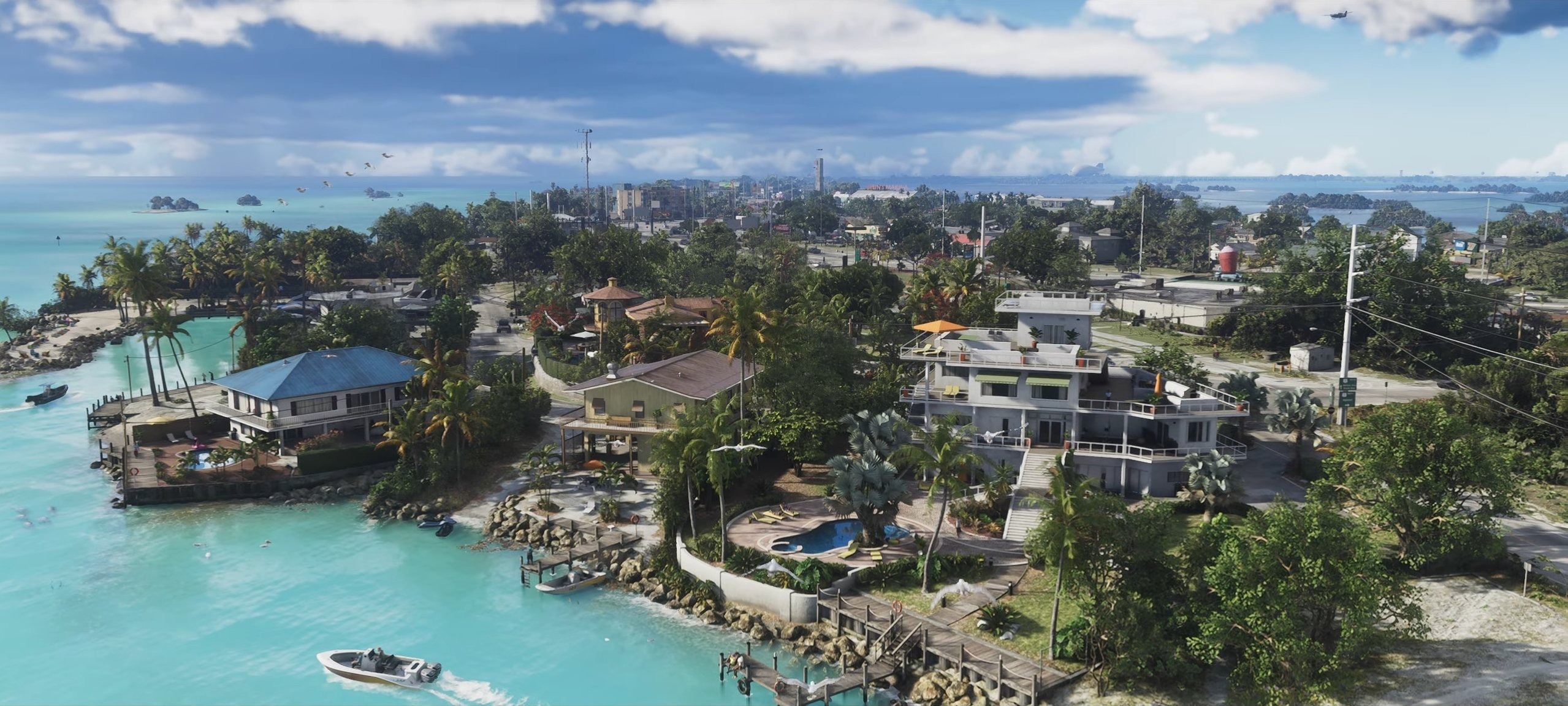- Epic Games’ lawsuit against Google has resulted in an ongoing court case between the two.
- During a recent court hearing, internal emails from the latter revealed that it wanted to buy Epic Games for Fortnite.
Google is ingrained into nearly every piece of modern technology we use. Whether it be YouTube for video streaming or Android for our phones, this company’s influence over the world is undeniable.
Despite its position as a tech giant, the company is always looking to expand into other segments. With Stadia, it sought to break into the gaming industry, but this endeavor ended abruptly earlier this year.
While Stadia is no longer a priority for the company, its recent court battle against Epic Games highlights that it was willing to take extreme measures to ensure Stadia’s success. According to internal emails, Google wanted to buy Epic Games for its gaming business.
Why it matters: This incident sheds light on the importance of Fortnite since Google was willing to go to extreme lengths to have it be a major part of Android and Stadia.
As spotted by The Verge, Google’s internal emails revealed plans to purchase a massive part of Epic Games.
Through this purchase, the tech giant hoped to use Fortnite to entice customers toward Android and Stadia. These plans were in motion as early as 2018, showing that the company was undoubtedly ambitious with its gaming objectives.
Later, Google offered Epic Games $147 million for Fortnite exclusivity on the Play Store. Ultimately, this offer was refused since this IP is too valuable to be limited to a specific platform.
Since projects like the Epic Games Store launcher are still unprofitable, this move would not have been too beneficial for the tech giant. However, it shows that the company was desperate for Fortnite.
During the recent court trials, Epic Games blamed Google’s exclusivity practices for the current monopoly of the Play Store. It revealed that over 22 distinct developers refrained from competing in exchange for advance money from the tech giant.
Without Apple in the picture, the case involving Fortnite, the App Store, and the Play Store is still pending. For now, the only parties involved in the arguments are Google and Epic Games, still battling in court.
Nonetheless, the case revealed surprising details about Google and its hasty decisions to kill off projects like Stadia. To view the list of all products discontinued by the company, head to killedbygoogle or Google Graveyard.
Thank you! Please share your positive feedback. 🔋
How could we improve this post? Please Help us. 😔
[Editor-in-Chief]
Sajjad Hussain is the Founder and Editor-in-Chief of Tech4Gamers.com. Apart from the Tech and Gaming scene, Sajjad is a Seasonal banker who has delivered multi-million dollar projects as an IT Project Manager and works as a freelancer to provide professional services to corporate giants and emerging startups in the IT space.
Majored in Computer Science
13+ years of Experience as a PC Hardware Reviewer.
8+ years of Experience as an IT Project Manager in the Corporate Sector.
Certified in Google IT Support Specialization.
Admin of PPG, the largest local Community of gamers with 130k+ members.
Sajjad is a passionate and knowledgeable individual with many skills and experience in the tech industry and the gaming community. He is committed to providing honest, in-depth product reviews and analysis and building and maintaining a strong gaming community.


 Threads
Threads


